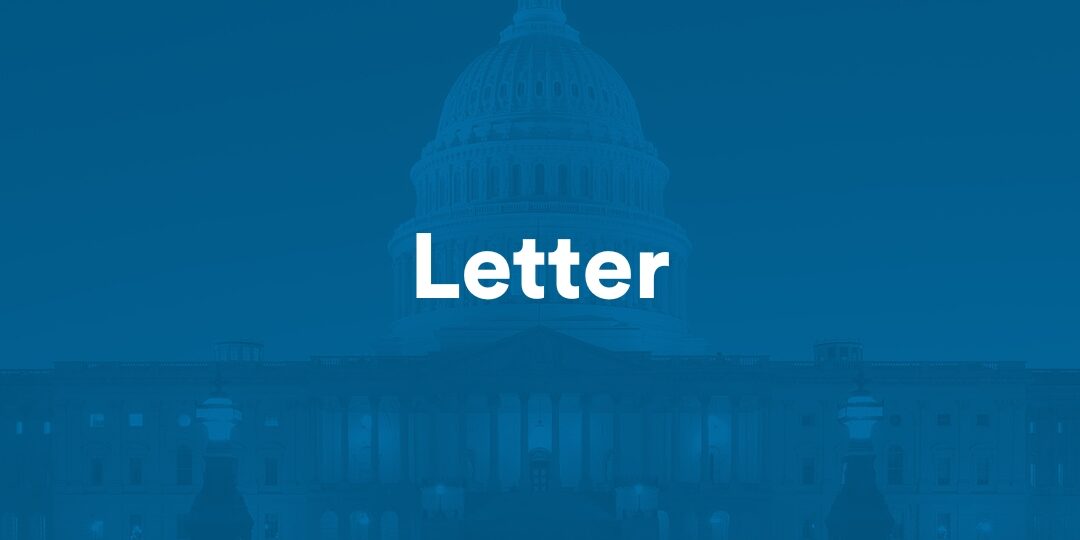May 23, 2023
House Constitution, Campaigns, and Election Committee
Alabama Legislature
11 South Union Street
Montgomery, AL 36130
Via email
Dear Committee Members,
On behalf of Verified Voting, I submit these comments on House Bill 457 which would require a post-election audit after each county and statewide general election. Verified Voting is a nonpartisan nonprofit organization whose mission is to strengthen democracy for all voters and has particular expertise in post-election auditing. Since our founding in 2004 by computer scientists, we have acted on the belief that the integrity and strength of our democracy rely on citizens’ trust that each vote is counted as cast. While we applaud the intention of this piece of legislation, in accordance with best practices for post-elections audits, we offer some suggestions for improvement.
Post-election tabulation audits provide a crucial check of vote counts against voters’ ballots. Effective audits manually inspect enough of the voter-verified paper ballots to provide strong evidence that the reported election outcomes match the ballots. The most robust of tabulation audits, called risk-limiting audits, provide a large, statistically guaranteed minimum chance of correcting outcomes that are wrong due to tabulation errors.
This bill would require a manual audit of all ballots in at least one randomly selected race that appeared on the ballot in at least 20% of polling locations. That has the potential to lead to a significant amount of work for some election offices with only diminishing returns to show for it. Auditing a significant number of ballots without the evidence to suggest such a large number is needed, does not, in itself, create confidence in an election outcome. According to Principles and Best Practices for Post-Election Tabulation Audits, “[a]udits should produce and scientifically assess evidence about tabulation accuracy while making efficient use of available resources. A risk-limiting audit (RLA) with a small risk limit assures a large chance that an incorrect outcome will be detected and corrected.”1 We recommend amending this bill to include provisions allowing for study and practice (pilots) of RLAs, which have been endorsed by the U.S. Senate Select Committee on Intelligence, American Statistical Association, R Street Institute, and many others.2 In fact, several states have passed laws requiring post-election RLAs with many other states engaged in or considering RLA pilots. Also, we recommend that the language in the current bill be changed from 20% of polling locations to a smaller percentage. For instance, a 5% sample would cover 100 polling places, providing reasonable assurance of finding any widespread errors. This change will reduce the amount of resources needed to conduct a post-election audit upon passage of the bill, all the while, Alabama can work on piloting RLAs to establish the best implementation for the state.
Post-election audits ideally occur prior to certification in order to correct outcomes, if necessary. Sound post-election audits should be able to scale all the way up to and including a full manual recount of all ballots, should the audit find discrepancies that require a full recount. If an audit finds a discrepancy, the opportunity must exist to correct it so that the audit results are binding on the official certified results. Experts agree that audit results should be binding.3
When implemented alongside other best practices, post-election audits of paper ballots provide solid evidence for the initial election outcome when it is correct—and an opportunity to correct the outcome when it is not. In addition to confirming outcomes and detecting errors (whether accidental or intentional), good tabulation audits can deter hacking, malware, and fraud and help foster continuous improvement in elections administration.
Sound post-election audits, such as risk-limiting audits, are critical for continued election security. We urge you to consider these recommendations and suggested amendments to HB 457 and our organization stands ready to assist Alabama in building upon a foundation of best practice post-election audits.
Sincerely,
C.Jay Coles
Senior Policy & Advocacy Associate
- Principles and Best Practices for Post-Election Tabulation Audits, page 6 https://verifiedvoting.org/wp- content/uploads/2020/05/Principles-and-Best-Practices-For-Post-Election-Tabulation-Audits.pdf. [↩]
- https://verifiedvoting.org/publication/verified-votings-risk-limiting-audit-rla-communications-guide/. [↩]
- Principles and Best Practices for Post-Election Tabulation Audits, page 17. https://verifiedvoting.org/wp- content/uploads/2020/05/Principles-and-Best-Practices-For-Post-Election-Tabulation-Audits.pdf. [↩]
